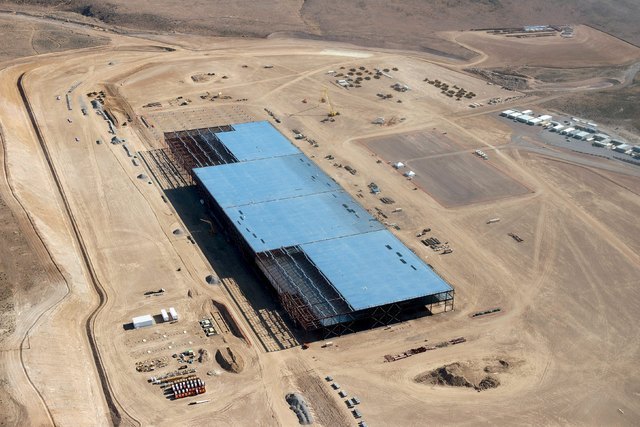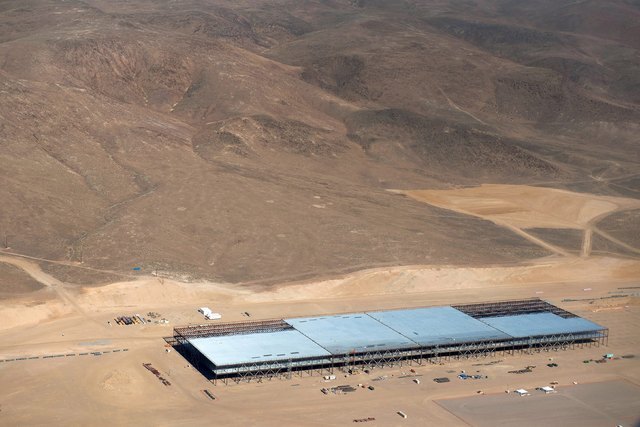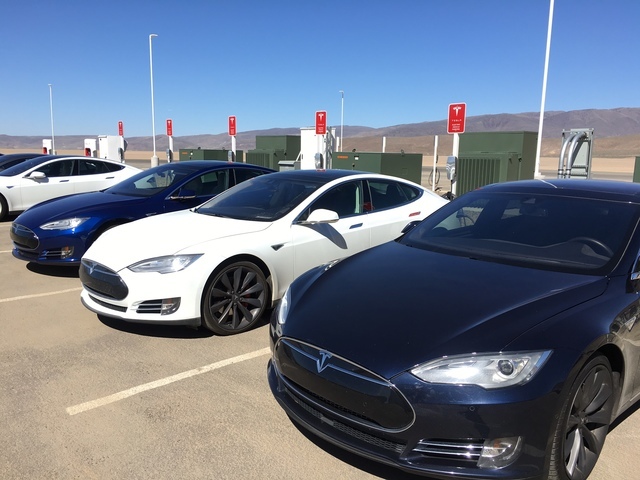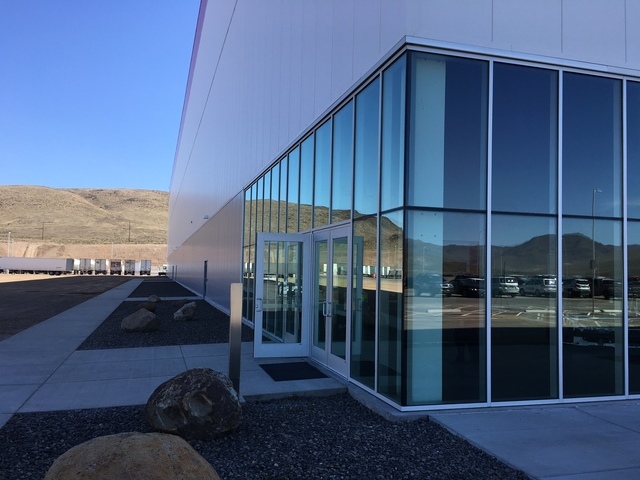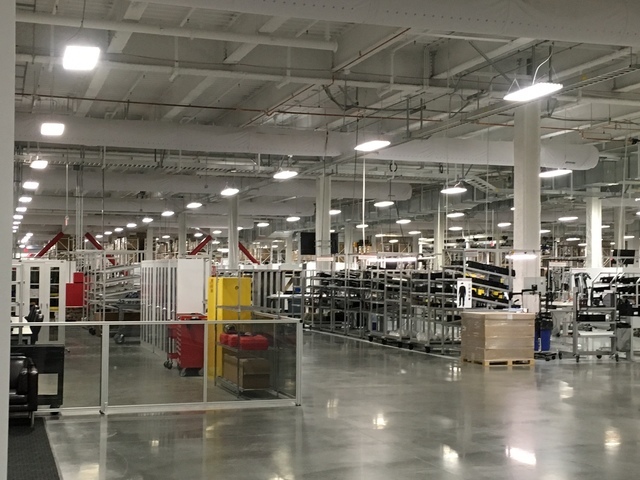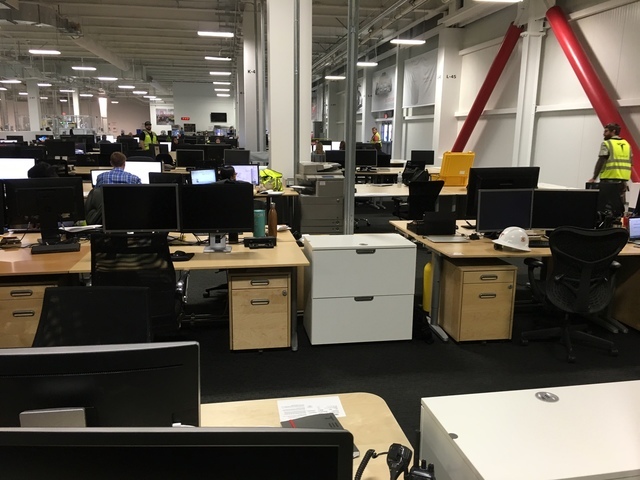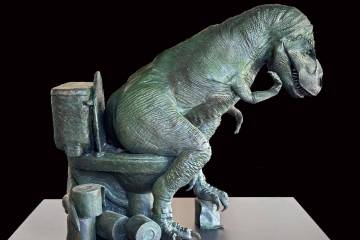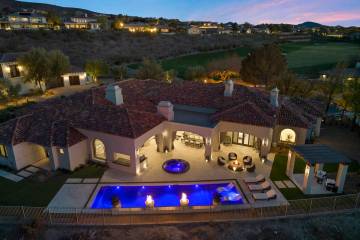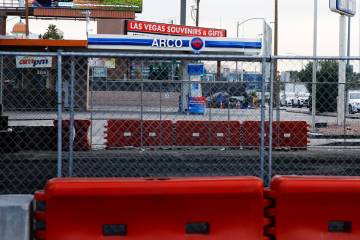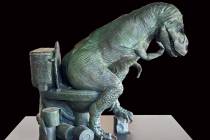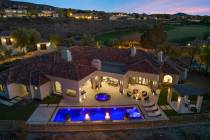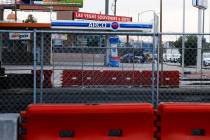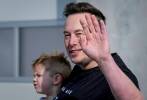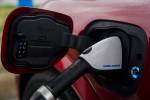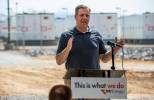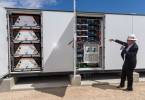Tesla starts tapping into tax credits for battery factory
Electric carmaker Tesla has received and sold about $20 million in transferrable tax credits from the state, marking some of the company’s first moves to tap into a $1.3 billion incentive package that lured a massive battery factory to Northern Nevada.
Tesla confirmed this week that it sold the credits to casino company MGM Resorts International in an arrangement first reported by the online news source This is Reno.
“MGM was pleased to have played a role in facilitating Tesla’s decision to invest significantly in Nevada,” an MGM spokesman told the Review-Journal in a statement Tuesday. “The purchase of these credits further underscores our company’s desire to see the state’s economy further diversified through major investments in technology and innovation.”
State officials grant the tax abatements in phases as Tesla shows it meets construction and employment benchmarks at its “Gigafactory” in Storey County, east of Reno.
“If Tesla executes, both Nevada and Tesla share the upside, and if it does not, only Tesla suffers the downside,” the company said in a statement Monday, noting that the tax burden that’s reduced through the deal “are taxes that Nevada wouldn’t have received if the Gigafactory weren’t there.”
The tax credits are part of a $1.3 billion incentive package that state lawmakers approved unanimously in 2014. Several states competed to land the factory, which is a collaboration between Tesla and Panasonic and is projected to make a $100 billion impact on Nevada’s economy over 20 years.
Tesla’s vision is to have 6,500 employees at the factory when it reaches peak production. In its most recent progress report to the state in May, Tesla reported 369 people were working at the factory, while an average of 599 construction workers were at the site in the first quarter of 2016.
While the factory’s best-known objective is producing batteries for electric cars, it’s also churning out home batteries called “Power Walls” that store excess energy from rooftop solar systems so owners can use the power at other times when the sun isn’t shining.
Critics of the incentive package say local governments could suffer as Nevada forgoes some tax revenue but must provide more services to accommodate the growth from the factory.
Assemblyman Ira Hansen, a Sparks Republican who voted for the Tesla deal but opposed an incentive package for carmaker Faraday Future in 2015, said he has concerns about how the new economic growth will burden public schools.
He also noted that the factory isn’t ramping up production as quickly as it projected back in 2014.
But “it’s still pretty darn good,” he said. “No question that it’s given a huge psychological shot in the arm.”
Review-Journal writer Nicole Raz contributed to this report.
RELATED
Tesla officials show off progress at Gigafactory in Northern Nevada
Tesla picks Nevada for Gigafactory



